(Part II of a short series) Animals in fires suffer from direct thermal injury as well as injuries from inhalation of chemicals and particulate debris. Certainly burns to the skin are the most obvious, but burns and damage to the respiratory tract from smoke inhalation should not be underestimated. If an animal is close enough to a fire to be burned, it has experienced respiratory injury. If wildfires involve human structures, the smoke plume may contain a mixture of concentrated toxins from incinerated plastics, petroleum products, and other chemicals. The particles can cause primary toxicity and pulmonary damage; external particles...
Fire Season Tips: Preparation
Use the following tips to help get yourself and/or your center ready for fire season. Make or review your plan; Organize emergency information; Do a facility check; Know the terrain; Have a drill...click title to continue reading.
Spotlight on New Staff Member, Micayla Harland
Micayla is our new behind the scenes bookkeeper. Welcome Micayla! Please share an early/childhood experience that was pivotal to your personal relationship to wildlife. I grew up part-time (child of divorce) on a small hobby farm in the Manitoba prairies. We had a couple horses and a few dozen head of cattle. One memory of this time that will never fade in my mind happened when I was about 10 years old. My dad gathered me up from the living room where I was reading a book and made me go outside with him. I had no idea what was...
Van Doninck Scholarship Open for Applications
June 15, 2020 FOR IMMEDIATE RELEASE [Eugene, Oregon] — Dr. Helene Marie Van Doninck, is remembered by friends and colleagues as a dedicated, passionate and determined veterinarian, and also as a positive and effective force on behalf of wildlife. She co-founded the Cobequid Wildlife Rehabilitation Centre (CWRC) outside Truro Nova Scotia in 2001. She worked tirelessly to eradicate lead ammunition and tackle for hunting and angling purposes and won support from all sides. Her sense of humor, depth of knowledge, and understanding of people gained her entry to circles that could be otherwise unwelcoming to a veterinarian and avid wildlife rehabilitator,...
Engaging with the Public During COVID-19
Rehabilitators often act as human/wildlife conflict mitigation specialists. We all (rehabbers) have the same problems and deal with the same issues, we are just in different parts of the world! Conflict mitigation cannot be ignored, especially during a time of crisis. Speaking with the Public Set aside time for the calls so that you are mentally/emotionally prepared Listen to the caller’s concerns Have them explain the problem Keep your frustration out of the conversation Have them send pictures of the issue Offer to visit on site Be understanding and reassuring “We are here for you.” “We are concerned about public health.”...
IWRC + NWRA Statement on Wildlife Rehabilitation During COVID-19
June 8, 2020 JOINT STATEMENT FOR IMMEDIATE RELEASE [Eugene, Oregon] — The National Wildlife Rehabilitators Association (NWRA) and The International Wildlife Rehabilitation Council (IWRC) find that taxa-specific protocols, based on scientific evidence and region-specific risk assessments, should serve as the basis for an informed approach to managing the risk of disease spread and for formulating any restrictions on wildlife rehabilitation. “Wildlife rehabilitation plays an important role in managing human-wildlife interactions. This management, which includes appropriate human and animal health monitoring, becomes more important during a global pandemic like COVID-19” states IWRC executive director Kai Williams. The IWRC and...
It’s Mental Health Awareness Month
Did you know that May is Mental Health Awareness Month? We here at the IWRC have recently put forth a few resources promoting mental health in wildlife rehabilitation, such as our blog post on Self-Caring During COVID-19 and our Going Home Checklist. As we can all imagine, due to the emotion, long hours, and stress placed on us (especially during the intense spring and summer hours), the importance of mental health cannot be overstated…. but what is mental health? How does our work impact our mental health? What can we do about this? What is mental health? Mental health includes...
A New Generation of IWRC Online Classes Coming Soon
Online learning is increasingly viewed as a valuable platform that offers tools not available in a traditional classroom setting. The IWRC strives to make our courses as accessible as possible, while constantly improving their quality. Throughout the remainder of 2020, we will be releasing new and revamped online courses that take advantage of the technological benefits of virtual learning. This new generation of IWRC online courses will utilize the classic digital lecture style of our previous classes, and make them more interactive. We are adding knowledge reinforcing activities and tools, including knowledge checks, flashcards and other activities, as well as...
Happy Volunteer Appreciation Week!
We have them, we know them, we love them, and most of us even are them… Volunteers make up the lifeblood of our wildlife rehab operations. Without them? Well… we don’t even want to go there. They help us with anything and everything from cleaning to caring for our patients to medical procedures. They even help with the admittedly less-than-fun administrative tasks including fundraising, event planning, and management! Whether they are nurses, lawyers, contractors, pilots, or teachers, with us they are amazing supporters of our work and our wildlife patients. Some may even think of it as the great equalizer; we all,...
